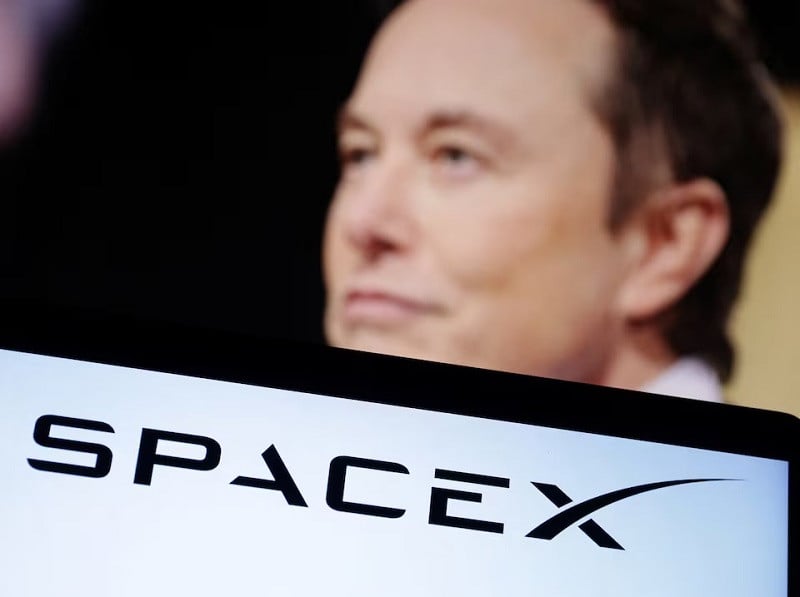Elon Musk’s SpaceX has rapidly expanded its footprint in Brownsville, South Texas, over the past five years, driving economic growth through job creation and increased investments. However, the company’s aggressive political lobbying has raised concerns about potential conflicts of interest and unchecked development.
Since 2014, Musk, SpaceX lobbyists, and affiliated businesses have contributed over $500,000 to the campaigns of about two dozen local officials, securing support for favorable legislation and subsidies. While this financial backing has facilitated the swift development of the Starbase facility, some residents argue that such political ties have come at the cost of transparency, leading to unchecked growth and the disruption of long-time residents’ lives, as property values soar.
Celia Johnson, a local property owner near SpaceX’s Starbase, has experienced significant disruption due to the company’s expansion. The increased property values and taxes have forced her to stop renting her beachfront properties to vacationers. Despite her appeals for relief to local officials, she found little support. One such official, former state legislator Alex Dominguez, expressed sympathy but chose not to intervene. Johnson later discovered that Dominguez owned land in the same area and had profited from SpaceX’s rise, selling his property to the company for $330,000 after leaving office.
SpaceX has forged close relationships with numerous local and state officials, many of whom have benefited financially from the company’s presence, creating conflicts of interest. Critics argue that these ties have led to a lack of accountability, allowing SpaceX to expand rapidly with minimal oversight. Johnson expressed her frustration, stating, “The politicians here are in SpaceX’s pocket.”
The political influence of SpaceX has also reshaped the legislative landscape in the region. In 2013, local lawmakers passed bills to protect SpaceX from lawsuits and permit road closures for rocket launches, which facilitated the company’s operations. Many lawmakers who supported these measures had received financial contributions from Musk and SpaceX affiliates. Dominguez, for example, received $6,000 in campaign donations from SpaceX lobbyists over the years but insists his decisions as a lawmaker were not influenced by the company.
Despite the controversies, SpaceX has had a substantial economic impact on the area, creating over 2,100 jobs and claiming to contribute $6.5 billion annually to the local economy. State and county subsidies, totaling $15 million, along with a 10-year property tax exemption, have been critical in supporting SpaceX’s growth.
While some local leaders, like Cameron County’s top official Eddie Treviño Jr., back the company’s presence, others voice concerns about the transparency and long-term implications of SpaceX’s dominance. Critics argue that the region’s high poverty and unemployment rates make it susceptible to corporate interests, potentially sidelining the needs of local residents in favor of big business.
As SpaceX continues to expand and Musk strengthens his ties to Texas politics, the tension between growth and accountability in South Texas is expected to persist. The transformation brought by the company raises questions about the price paid by locals like Celia Johnson, who have seen their way of life disrupted by unchecked development.



